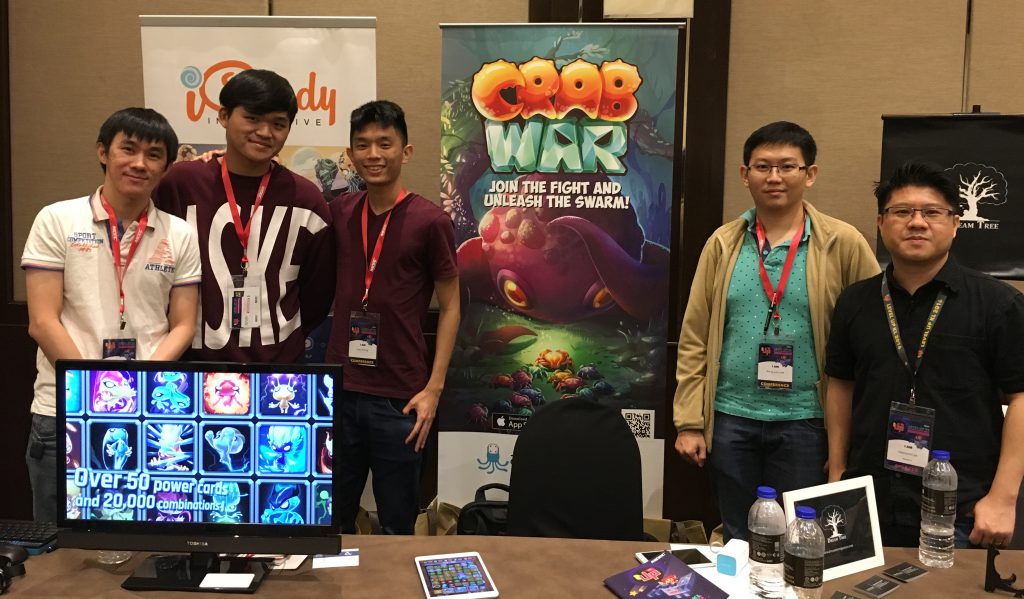Mobile games have changed the face of gaming in our always connected digital world. We’ve always been fascinated by games in our phones, starting from Snake in our old Nokias. Games have been evolving with the smartphones they’re housed in to dizzying heights and depths of complexity.
There are essentially 3 types of games now available on the Google Play Store or the Apple App Store for download.
First and rarest are the completely free games. These are games that have all their content available at no cost. Of course, from a developer’s point of view, these make less sense; so not many studios develop games like this.
Second are the premium games that follow a more traditional model, where you pay once and all the content is available after.
Third are the free-to-play (F2P) games which usually use what is known as the freemium model. This means that players are able to download and play the games but must pay in micro-transactions to get additional content or extra advantages that help with advancing in the game. The “payment” can also come in terms of attention and time, where users watch sponsored ads in the game.
Malaysia is now home to many burgeoning mobile game developing studios. At LEVEL UP KL in early November, we got a chance to meet four of such studios. What we found interesting was some chose to develop premium games whereas others focused on F2P, with not much overlap in between. However, the studios that chose to focus on premium games are rarer, making F2P the preferred model among Malaysian developers.
We spoke to some game developers to get an insider’s view about the industry in Malaysia and to see why they would choose a certain model over the other.
The Case For F2P Games
Almost unanimously, all the studios we spoke to agreed that there is a decided shift towards F2P games, both locally in Malaysia and globally.

According to Shazy Noorazman, CEO of 27 Rabbits, “So far I’ve seen mostly F2P games in Malaysia with a few premium outliers. For small teams trying to make their name in the market, it’s definitely the most viable option.
With so many games being launched daily in the App Store and Google Play Store, for a premium game to be successful, you require a sizeable marketing budget to ensure that you gain enough traction.
There is definitely space for both, especially with User Acquisition in SEA being relatively low, however, we believe the way forward for mobile is still F2P. With that said, the mobile gaming environment is constantly changing which could provide more opportunity for premium games down the line.”
Desmond Lee, the CEO of Appxplore added, “The mobile game trend has shifted to freemium model since 2012. Thus our business model has been focusing in freemium since our first game Lightopus released in 2012, which was originally a premium game.
But that doesn’t mean there is no space for premium, perhaps less chances on mobile platform. Premium games are selling better on PC, console and the emerging platforms like VR. However, that doesn’t mean everyone especially the new in the industry can just jump on freemium model. Freemium games require a lot more work and good understanding of the game economy with longer development process than premium.”

Dave of Nightmorning had a very practical view to offer. “We see F2P as the most favourable model because the earning potential is much higher. The games making the most money today are all F2P because there is no cap to how much a player can spend in those games.
It’s also much easier for a player to check out free games because it’s hard to determine the fun factor in a paid game before purchasing it. The market has already moved towards F2P, but premium is still pretty much alive. Games that rely on a heavy narrative tend to be premium, and other genres tend to be F2P.”
Why Go For Premium Instead?

Out of the four studios we interviewed, only one actively is currently focused on producing a premium game. Wei Chuan Cham of Dreamtree is one of the three co-founders of the team working on Uri.
He explained, “When we started development for Uri, we thought about delivering the best gaming experience. We want you to lose yourself in the game. Having that vision, we wanted Uri to be presented and played without distraction. That means no ads.
We also don’t want having demo levels that you can only complete halfway, and then only to have to ask you to pay for more levels. We know how turn-off this can be for gamers and we don’t want Uri’s experience to be ruined because wanting to fit in the freemium business model. Therefore, we went with premium. You pay for the whole experience and you get what you are paying for.”
However, using the premium model also means that users come in with certain expectations particularly about game quality.
Cham agreed and added, “As for premium games, users have high expectations when they pay for your game. That is our current challenge for Uri: meeting player’s expectations. The market for both premium and freemium is there, it is for developers to understand it and make the most of it.
The Future Of Mobile Gaming In Malaysia
Shazy believes that journey towards the growth of the mobile gaming industry has already started. “Kurechii and Appxplore: They have paved the way for other Malaysian companies like us, 27 Rabbits to flourish. Through their experiences, we learn, grow, and together, we will further establish Malaysia as the leading environment for creative media in SEA,” he said.
Cham also feels that the future of gaming in Malaysia is bright. “Malaysia seems to be doing all it can for developers like us. There is MDEC looking after the game industry, and no shortage of talents here as well. As a studio, we find Malaysia to be a very suitable place for game development. The only challenge we have as a studio is to be competitive on the international level, where platforms are easily accessible for developers around the world to publish their games.”
Regarding the challenges faced daily, Desmond said, “The games industry (i.e. IP Creation) is a tough business, be it in Malaysia or not. Getting the right talent who know how especially in game design in Malaysia is challenging, and a challenge we are facing now.
We are still in infant stage when come to game development. On the bright side, we are actually quite fortunate to have the governor body like MDEC to support the industry, and the development cost is still relatively low compared to many countries.”
[Editor’s Note: We’ve used the terms F2P and freemium interchangeably in the article. In the community, some game studios do distinguish between the two; F2P indicates that the entire game can be played through by the user without needing any in-app purchases, whereas freemium indicates that some parts of the game cannot be accessed without using real money. However, the lines are also sometimes blurred, and often F2P and freemium are used to mean the same thing.]
LEVEL UP KL 2016, one of Southeast Asia’s premier gaming conferences, was hosted by Malaysia Digital Economy Corporation (MDEC), in Kuala Lumpur from the 5th to 9th of November. The event brought together prominent international and local players in the gaming industry to interact and share knowledge on content development, fundraising, business development, marketing and more.













